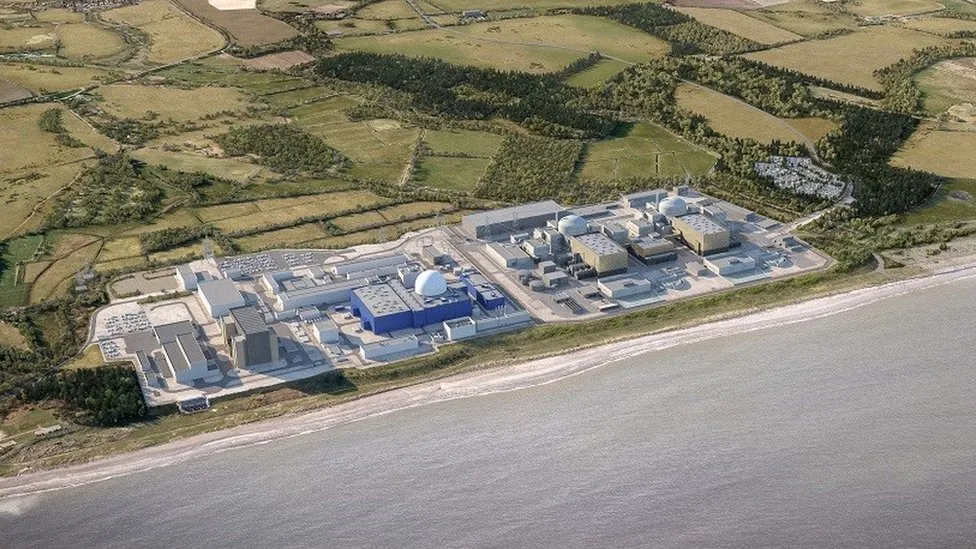 UK campaign group Together Against Sizewell C (TASC) have been granted permission for another hearing to challenge construction of the Sizewell C NPP in Suffolk. Court of Appeal judge Lord Justice Coulson allowed the hearing on the issue of a permanent water supply, and because of public interest in the development. He decided that the arguments on the need for a desalination plant should be looked at again. The group can now appeal against an earlier decision by Justice Holgate in the High Court to refuse a judicial review.
UK campaign group Together Against Sizewell C (TASC) have been granted permission for another hearing to challenge construction of the Sizewell C NPP in Suffolk. Court of Appeal judge Lord Justice Coulson allowed the hearing on the issue of a permanent water supply, and because of public interest in the development. He decided that the arguments on the need for a desalination plant should be looked at again. The group can now appeal against an earlier decision by Justice Holgate in the High Court to refuse a judicial review.
The judge said that the appeal had “a real prospect of success” because of TASC’s arguments about the need for a water supply, and because former Business Secretary Kwasi Kwarteng gave permission for the NPP’s construction against the advice of the planning Examining Authority.
TASC had argued that a desalination plant would be needed to guarantee the water supply of 2.2m litres a day for the power station, but that the environmental impact of such a plant had not been included in the planning application.
Sizewell C is expected to host two EPRs producing 3.2 GWe similar to the Hinkley Point C plant, under construction in Somerset. EDF Energy submitted a development consent order (a planning application) for the plant in May 2020, which was granted in July 2022. In March, the UK's Environment Agency granted environmental permits – a radioactive substances activity permit, a combustion activity permit and a water discharge activity permit – for the plant.
Earlier in September, the UK Department for Energy Security & Net Zero (DESNZ) announced that the government and Sizewell C Limited were launching a pre-qualification process for potential investors, as the first stage of an equity raise process for the project.
Chair of TASC, Jenny Kirtley, said: "TASC are delighted by the Appeal Court's decision and welcome the acknowledgement that our appeal… has a ‘real prospect of success’.” Paul Collins, the chair of Stop Sizewell C, added: "Despite this legal challenge it is clear that ministers have now ploughed over a billion pounds of taxpayers' cash into this risky damaging project. This flow of funding into Sizewell C should cease until our appeal against the lawfulness of the Secretary of State's decision is resolved."
Friends of the Earth’s Suffolk branch supports TASC’s legal efforts arguing that the plant’s full impact on water systems not been considered and also that there is insufficient information on possible damage to a nearby nature reserve.
A spokesperson for Sizewell C noted: “These claims have been dismissed twice in the High Court and we will support the Government in defending its decision to award the DCO for this critical piece of national infrastructure.”
Sizewell C is estimated to cost around £20bn ($24.5bn), and raising this amount before the end of 2024 could prove difficult. The government is supporting the project with a £700m share and has made £511m available to continue project development and prepare the site for construction. EDF expects at least 60% of the cost to be provided by private investors. The government has introduced the use of a regulated asset base model to fund Sizewell C. This enables investors to recoup some of their costs through taxation during the construction phase.
Image: Sizewell C, on the right, would be built next to Sizewell B, centre, which is still generating, and Sizewell A, far left, which operated until 2006 and is being decommissioned






